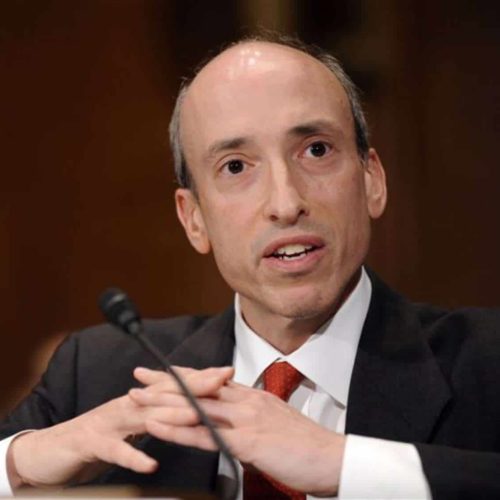Introduction
A daily round-up of analysis, commentary and news about the Dodd-Frank financial reform law.
From Goldman to CFTC – Gary Gensler spent 18 years working for Goldman Sachs Group Inc. and was among the Clinton administration officials who rejected any regulation of the derivatives market. Now, as chairman of the Commodity Futures Trading Commission after the near-collapse of global markets, “my thinking has evolved,” Gensler tells Bloomberg Markets magazine.
Gensler is guiding the CFTC as it writes more than 50 rules on derivatives trading — new regulations that face united opposition from his former Wall Street colleagues and banking lobbyists. He also faces an anti-reform sentiment on Capitol Hill, where House Republicans want to slash the CFTC’s annual budget by 15 percent.
“Capital matters” – Raising how much capital U.S. banks must have on hand is “the most important reform moment since the financial crisis broke out three years ago” and surpasses the Dodd-Frank law in importance, says New York Times.columnist Joe Nocera.
Big banks should be obliged to hold capital equal to 14 percent of their assets to prevent future taxpayer bailouts, he says. Even if other countries do not follow the U.S. lead in raising capital standards, Nocera says American banks would still remain competitive because they are in better shape and can remain solvent.
SEC probe into Libyan fund – The Securities and Exchange Commission is investigating if ExxonMobil Corp., ConocoPhillips and Occidental Petroleum Corp. made payments to a Libyan sovereign-wealth fund that lost billions of dollars earlier this year.
The SEC asked the three companies to turn over any communications they have had with the government of Col. Muammar Gadhafi since 2008, reports the Wall Street Journal. Meanwhile, the SEC has yet to finalize the Dodd-Frank regulations requiring oil, natural gas, and mining companies traded on U.S. exchanges to disclose their annual payments to overseas governments.
JPMorgan pays $153.6 million settlement – JPMorgan Chase & Co. agreed to pay $153.6 million to settle charges that it misled buyers of complex mortgage securities just as the housing market began to fall, the Securities and Exchange Commission announced.
The SEC’s civil fraud charges accused JPMorgan of creating and selling a synthetic collateralized debt obligation (CDO) without disclosing to investors that a hedge fund — Magnetar Capital LLC — helped choose the assets underlying the CDOs and held a short position in more than half the assets. The $153.6 million penalty amouonts to less than 1 percent of the bank’s net income of $17.4 billion last year, the Associated Press reports.
Read more in Inequality, Opportunity and Poverty
State Integrity 2012
State Integrity Investigation highlighted ethics problems plaguing Virginia and its governor
Financial Reform Watch
New Jersey: Best score in the country
With a B+, the Garden State receives the highest score in the U.S., an 87

Join the conversation
Show Comments